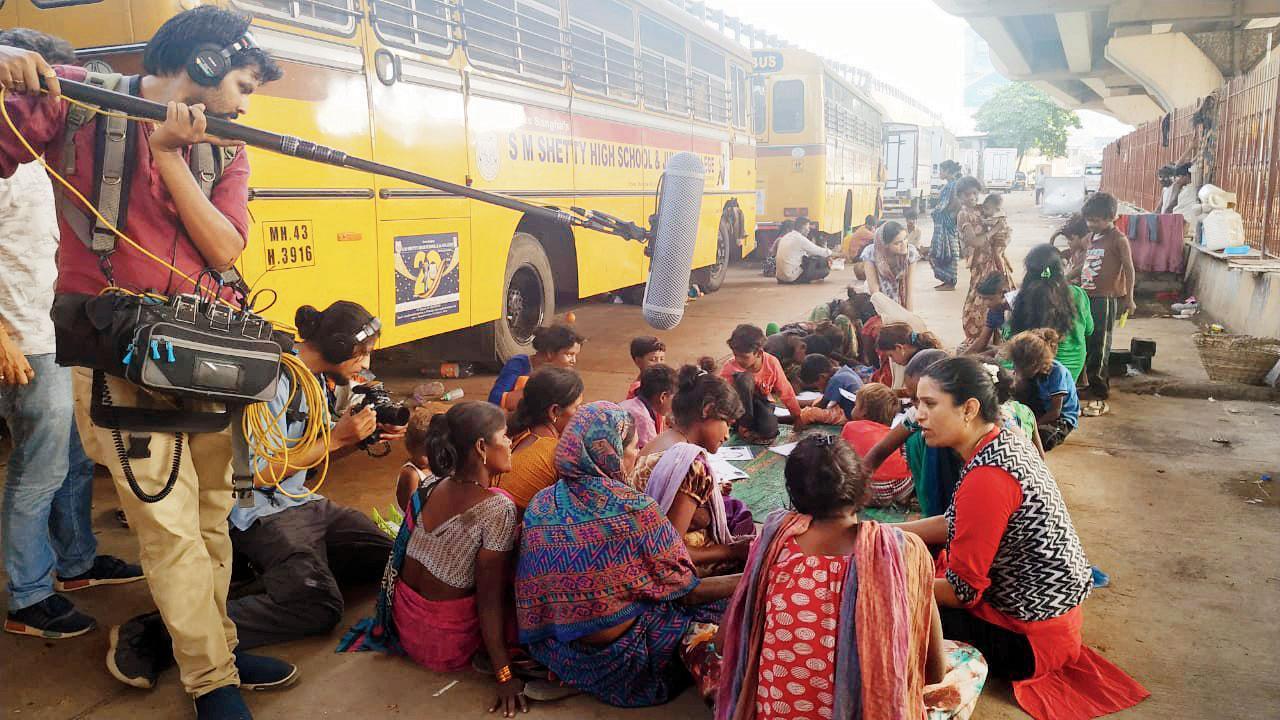The Invisible Visible should serve as a catalyst for states to set up shelters for the homeless-Kireet Khurana
8:13 AM
Posted by Fenil Seta

The Invisible Visible maker says docu a crusade against Bombay Prevention of Begging Act; seeks empathetic policies for the destitute
Mohar Basu (MID-DAY; October 21, 2021)
On October 10, observed globally as World Homeless Day, director Kireet Khurana announced The Invisible Visible, a documentary highlighting the plight of over 70 million destitute Indians. The filmmaker views the project as a crusade against the Bombay Prevention of Begging Act 1959, adopted across 22 states, that has criminalized the homeless, making them vulnerable to incarceration, torture and dehumanisation. “It criminalizes the act of begging, without addressing basic issues like poverty and homelessness. It also legitimises the arrest of any person for up to three years without a warrant, and gives limitless power to the police,” begins Khurana.
The Invisible Visible, eyeing a mid-2022 release, is narrated through the perspective of the social organisation, Koshish, which was founded by a concerned citizen in 2003. “[Mohd] Tarique was a 17-year-old student when he went to a homeless shelter to distribute food. He was devastated by what he saw. Koshish, born a few years later, has transformed thousands of lives.” Through the documentary, Khurana hopes to achieve two goals — seek state intervention, and society’s acknowledgement of “the pain of fellow humans”.
His fight for the upliftment of the disenfranchised took Khurana across India as he studied cases, heard first-hand accounts and filmed the happenings on the streets. The filmmaker, who previously helmed Saeed Mirza: The Leftist Sufi (2015), believes it is imperative to sensitise the audience to the erasure of India’s poor. “The film is a cry for more empathy-driven policies that could protect street children from trafficking, and prevent people from falling into a morass of exploitation. It should serve as a catalyst for states to set up shelters for the homeless.”
This entry was posted on October 4, 2009 at 12:14 pm, and is filed under
Bollywood News,
Kireet Khurana,
The Invisible Visible
. Follow any responses to this post through RSS. You can leave a response, or trackback from your own site.
Subscribe to:
Post Comments (Atom)
Post a Comment